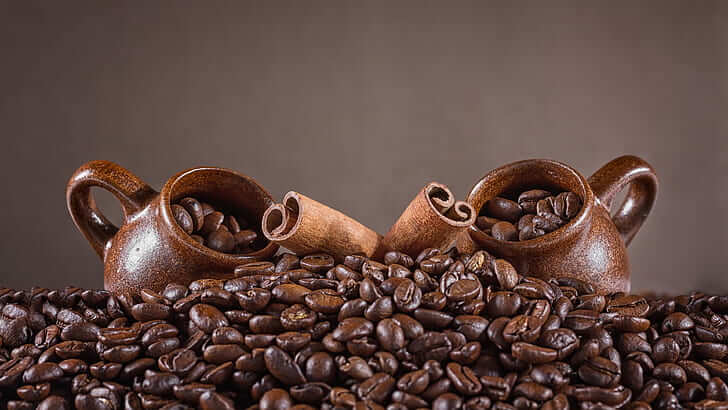The Science Behind the Perfect Morning coffee routine
For many people, a morning cup of coffee is an essential part of their daily routine. But what is the science behind creating the perfect morning coffee routine? From the brewing method to the Coffee beans themselves, there are a number of factors that can influence the quality and effectiveness of your morning brew. In this article, we will explore the science behind the perfect morning coffee routine and how you can optimize your coffee drinking experience for a more productive day.
The Chemistry of Coffee
At its core, coffee is a complex mixture of chemicals that contribute to its unique flavor and aroma. The main chemical compounds in coffee are caffeine, antioxidants, and volatile organic compounds. When coffee beans are roasted, a chemical reaction known as the Maillard reaction occurs, which is responsible for the development of the rich, complex flavors of coffee.
Brewing Methods
The method by which coffee is brewed can have a significant impact on the final flavor and texture of the coffee. There are various brewing methods, including drip brewing, French press, espresso, and pour-over, each of which can produce a unique coffee experience. The key factors that influence the quality of the brew include water temperature, brewing time, and the grind size of the coffee beans. Experimenting with different brewing methods can help you find the perfect balance of flavor and strength for your morning coffee routine.
Coffee Beans
The type and quality of the coffee beans used can also significantly influence the taste and aroma of your morning brew. Arabica and Robusta are the two main species of coffee beans, each with its own unique flavor profile. Additionally, the origin and roast level of the beans can also impact the final cup of coffee. Lighter roasts tend to have a more acidic and floral flavor, while darker roasts are characterized by a stronger, more robust flavor profile.
Grind Size and Extraction
The grind size of the coffee beans can affect the rate of extraction, which in turn influences the flavor and strength of the coffee. Finer grinds extract faster, resulting in a stronger, more full-bodied cup of coffee, while coarser grinds require a longer brewing time and produce a milder flavor. Finding the right grind size for your preferred brewing method is essential for creating the perfect cup of morning coffee.
Optimizing Your Morning Coffee Routine
Based on the science behind the perfect morning coffee routine, here are a few tips to help you optimize your coffee drinking experience:
- Experiment with different brewing methods and coffee beans to customize your ideal cup of coffee.
- Invest in a high-quality grinder to ensure a consistent grind size for optimal extraction.
- Pay attention to water temperature and brewing time to achieve the desired strength and flavor.
- Consider the ratio of coffee to water to achieve the perfect balance of flavor and strength.
Frequently Asked Questions
What is the best brewing method for a morning cup of coffee?
The best brewing method for a morning cup of coffee ultimately depends on personal preference. Drip brewing and pour-over methods are popular choices for a balanced and flavorful cup of coffee, while espresso is a great option for those who prefer a stronger, more concentrated brew.
What type of coffee beans should I use for my morning routine?
Arabica beans are generally considered to have a more complex and nuanced flavor profile, making them a popular choice for morning coffee. However, Robusta beans can also be a great option for those who prefer a stronger, more intense flavor.
How can I ensure a consistent grind size for my coffee beans?
Investing in a high-quality burr grinder can help you achieve a consistent grind size, which is essential for optimal extraction and flavor. Additionally, paying attention to the grind settings and adjusting them to suit your preferred brewing method can also help ensure a consistent grind size.
What is the ideal water temperature for brewing coffee?
The ideal water temperature for brewing coffee is generally between 195-205 degrees Fahrenheit. Water that is too hot can result in over-extraction and a bitter flavor, while water that is too cold can lead to under-extraction and a weak, underwhelming cup of coffee.
“All images and products featured on this Blog.troca.cafe are the property of their respective owners. All rights to these materials are acknowledged and reserved.”
